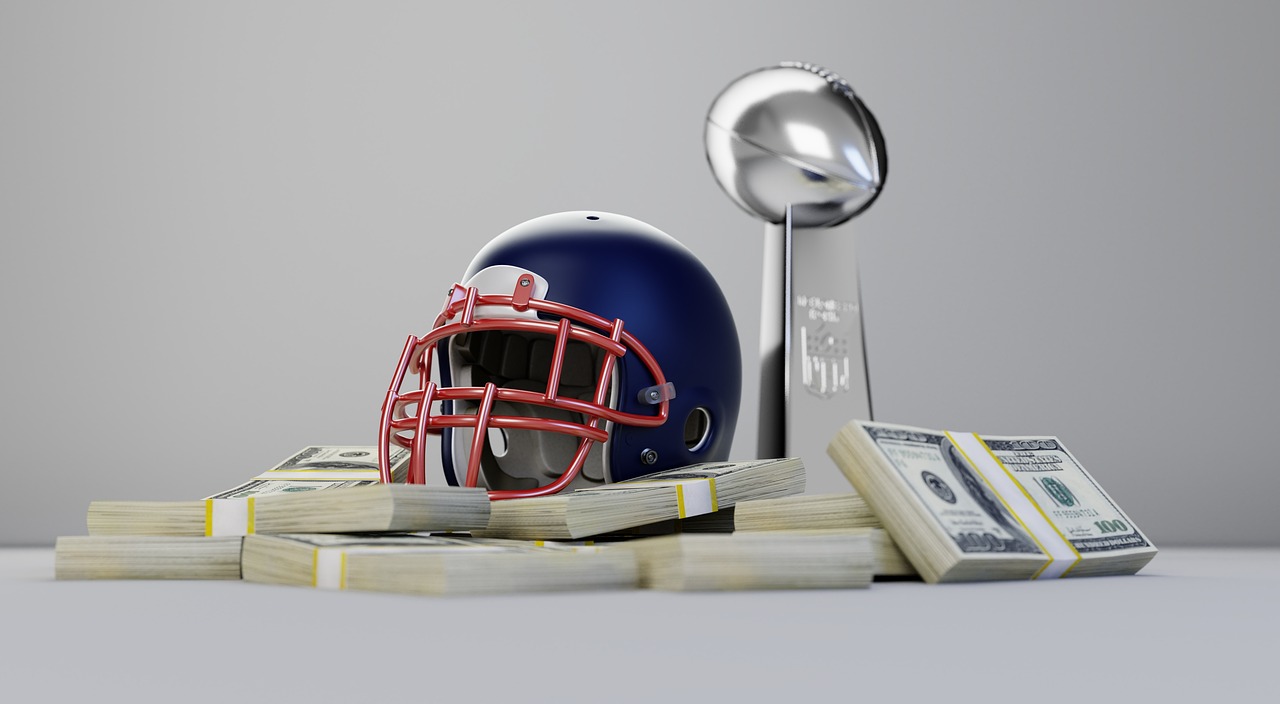The Psychology of NFL Wagering - Applying Game Theory to Your Bets
By: Roger Wright, Guest Contributor
September 5, 2023

When we think of the NFL, visions of soaring touchdowns, roaring crowds, and larger-than-life athletes often come to mind. But there's a cerebral layer beneath the physical prowess and spectacle—an arena where psychology and game theory intermingle. This is especially true when it comes to wagering on NFL games, where understanding the intricacies of game theory can elevate your choices from mere guesses to educated decisions.
The Game Theory Primer
Before we delve into how this theory applies to NFL wagers, it's necessary to understand what game theory is. In its most basic form, it involves mathematical models that describe strategic interactions between rational decision-makers. Originating from economics and political science, it has found applications in a myriad of disciplines, from biology to, you guessed it, sports wagering.
Understanding Rational Actors
In the context of NFL wagering, the rational actors are you—the individual placing the wager—and the bookmaker setting the odds. Each party aims to maximize their benefit; the bookmaker seeks the highest profit while minimizing risk, and the bettor aims to maximize potential returns.
Information is Power
Information asymmetry is a cornerstone concept in game theory. The scales are tipped when one actor possesses more or better information than another. For instance, bookmakers often have the edge due to extensive data and algorithms.
But you can reduce this asymmetry by becoming a connoisseur of statistics, player performance, injury reports, and even weather conditions. Resources like FanDuel NFL standings offer invaluable insights into team performance, helping you make more educated decisions.
The Zero-Sum Game
Wagering is often considered a zero-sum game, where the gain of one player is precisely balanced by the loss of another. This understanding can inform your betting choices. For instance, a bookmaker might set odds not solely based on the likelihood of an outcome but also on how they think people will bet. Understanding this can offer a tactical advantage. If you think the public sentiment is skewed, leading to imbalanced odds, you could seize an opportunity for a higher payoff.
Mixed Strategies and Diversification
A central concept in game theory is the use of mixed strategies—a choice among several possible actions where each has a calculated probability. Translating this into NFL wagering, diversifying your wagers can be advantageous. Don’t put all your eggs in one proverbial basket; spread the risk by venturing into various types of wagers like moneylines, point spreads, and over/under bets.
Reactionary Decision-making
Another game theory principle worth considering is how one actor's decisions influence another's. Imagine a scenario where a top player like Zach Ertz is injured before a game. The odds will shift, and bettors will react. However, a savvy individual might consider how the team adapts to missing players—perhaps they have a strong bench or a tactical edge that hasn't been factored into the new odds. In this situation, reactionary public sentiment can create advantageous betting opportunities.
Psychological Biases and Irrationality
Despite the emphasis on rational decision-making in game theory, human irrationality and psychological biases often skew the wagering landscape. Cognitive biases like overconfidence or the gambler’s fallacy can affect bookmakers and bettors. Being aware of these biases in yourself and exploiting them in others can offer yet another edge in your betting activities.
In Summary
NFL wagering is far from a game of pure chance. With an understanding of game theory, you can turn the tables, applying strategic thought to what many consider a gamble. In a realm where every small advantage counts, leveraging the power of game theory can be your secret playbook to making more informed and, hopefully, successful wagers.
So, the next time you're about to place a bet on an NFL game, remember this–it's not just a game; it's a mind game.